Two-time Oscar nominee Djimon Hounsou cited "systemic racism" when telling CNN he was still struggling "to make a living" in Hollywood despite his extensive resume of numerous blockbuster films in his 30-year career.
The 60-year-old gained widespread recognition for his Golden Globe-nominated role in Steven Spielberg's 1997 historical drama film Amistad.
He is also known for starring opposite Leonardo DiCaprio in 2006's Blood Diamond, earning him a Best Supporting Actor Oscar nomination, and has enjoyed commercial success in action movies like Gladiator, Guardians of the Galaxy, Aquaman, Captain Marvel, Shazam! and Shazam! Fury of the Gods, Black Adam, and two films from the A Quiet Place franchise.
Hounsou earned his second Best Supporting Actor Academy Award nomination for the 2002 Irish immigrant family drama In America.
Hounsou was born in the West African country of Benin and immigrated to Lyon, France when he was 12.
After finding early success in 1987 as a model in Paris, he moved to the U.S. in 1990 and appeared in music videos with Janet Jackson, Paula Abdul, and En Vogue, as well as guest-starring roles on TV shows like Alias before launching into a movie career.
He says he still finds it a challenge to make ends meet despite his extensive experience in the entertainment industry.
Djimon Hounsou says he is still struggling to make a living in Hollywood despite multiple Oscar nominations and roles in blockbusters “I’ve been in this business making films now for over two decades ... and yet, I’m still struggling financially. I’m definitely underpaid" (via BBC)
[image or embed]
— Culture Crave 🍿 (@culturecrave.co) January 11, 2025 at 9:08 PM
“I’m still struggling to make a living,” he told CNN's African Voices Changemakers interview, which you can see a clip of here.
Hounsou continued:
“I’ve been in this business making films now for over two decades with two Oscar nominations, been in many big blockbuster films, and yet, I’m still struggling financially."
"I’m definitely underpaid."
He claimed systemic racism was a contributing factor to his Oscar snub for his breakout role as Joseph Cinqué in Amistad, based on 1839 slavery revolt aboard the Spanish slave ship La Amistad.
“I was nominated for the Golden Globe, but they ignored me for the Oscars, talking about the fact that they thought that I had just came off the boat and off the streets," said Hounsou.
“Even though I successfully did [Amistad], they just didn’t feel like I was an actor to whom they should pay any respect."
He told CNN correspondent Larry Madowo:
"This conceptual idea of diversity still has a long way to go. Systemic racism don't change like that anytime soon."
Madowo, who said Hounsou was one of the most prominent Black actors in big-budget movies he saw growing up, claimed hearing about the actor's financial instability was "mind-boggling."
“Well, that’s a sign for you that systemic racism is not something you can deal with lightly," Hounsou replied.
"It's so deeply inserted in so many things we do across the board, and you don't overcome it. You just have to sort of cope with it and survive the best way you can."
Social media users shared their thoughts on the revelation.
Others questioned how his money was managed.
Djimon definitly deserves better pay, he's a terrific actor as like many (hell most) black actors it's obvious he's underpaid compared to white actors with the same actor and deserves respect and more money. But still... struggling financielle when his net worth is millions ? Come on.
— Sergorn Dragon 💉💉💉💉🌈 #NouveauFrontPopulaire (@sergorndragon.bsky.social) January 12, 2025 at 12:37 PM
When Madowo asked what Hounsou hoped his legacy would be in the industry with his acting and philanthropy, Hounsou responded:
"I came to California with this compelling need to do something for my continent and do something for my people in general and to champion this idea, this reconciliation and reconnection with the Motherland."
"I just hope I contributed to change the narrative about our people and our continent," he said.



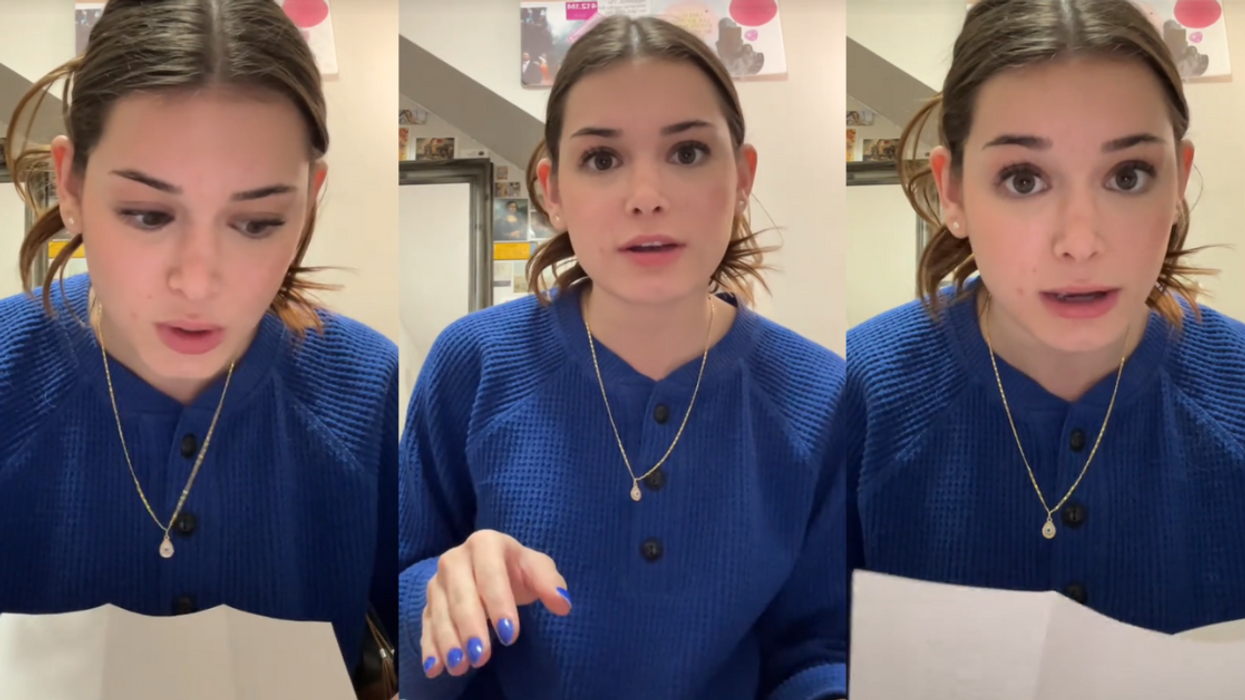
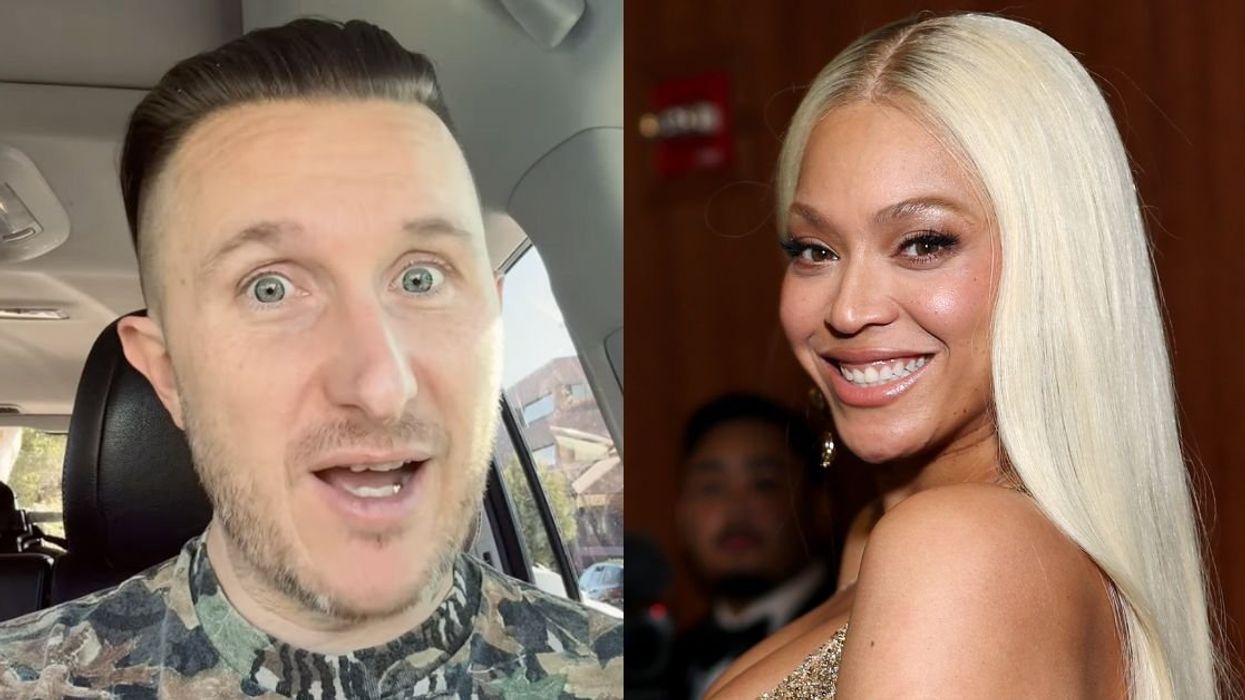

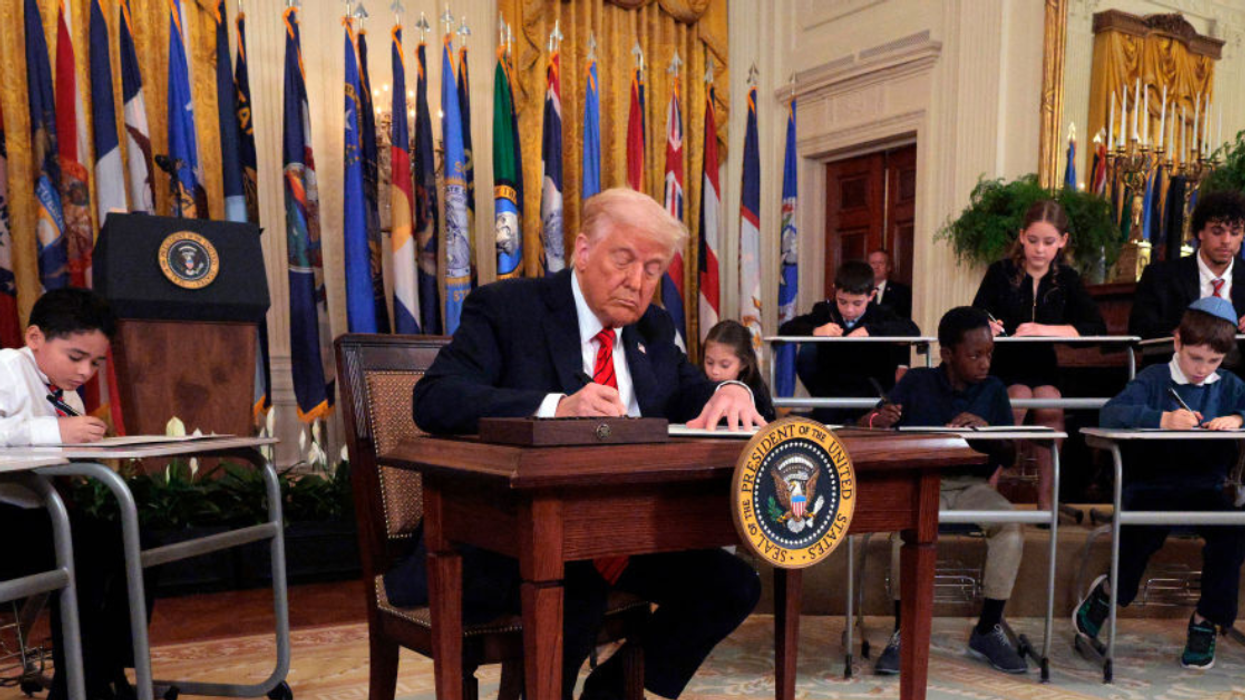
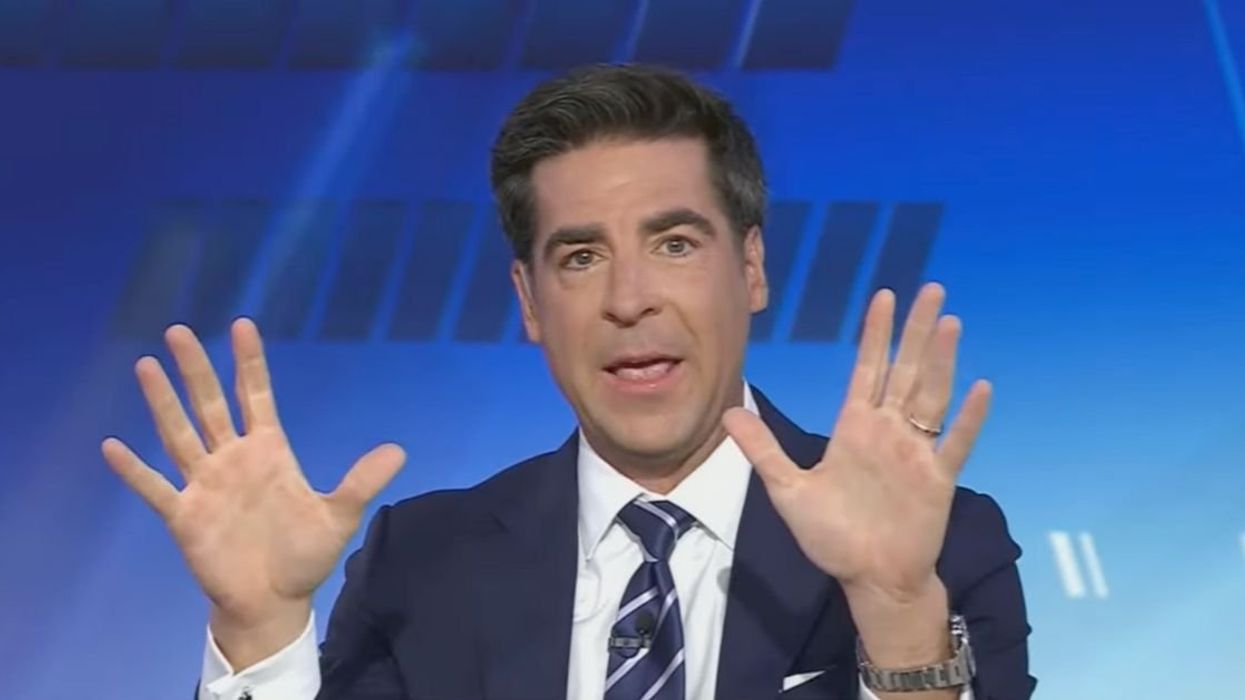
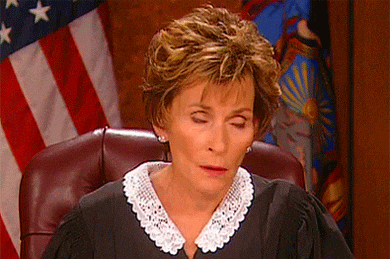 Judge Judy Eye Roll GIF
Judge Judy Eye Roll GIF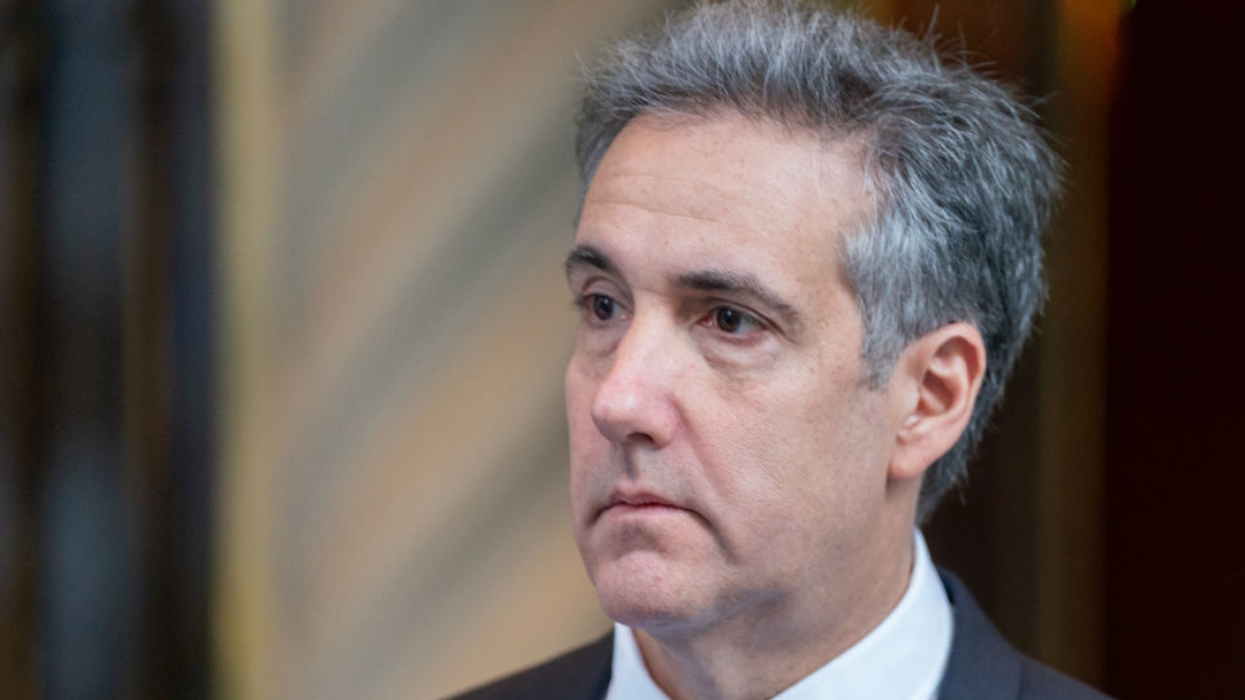
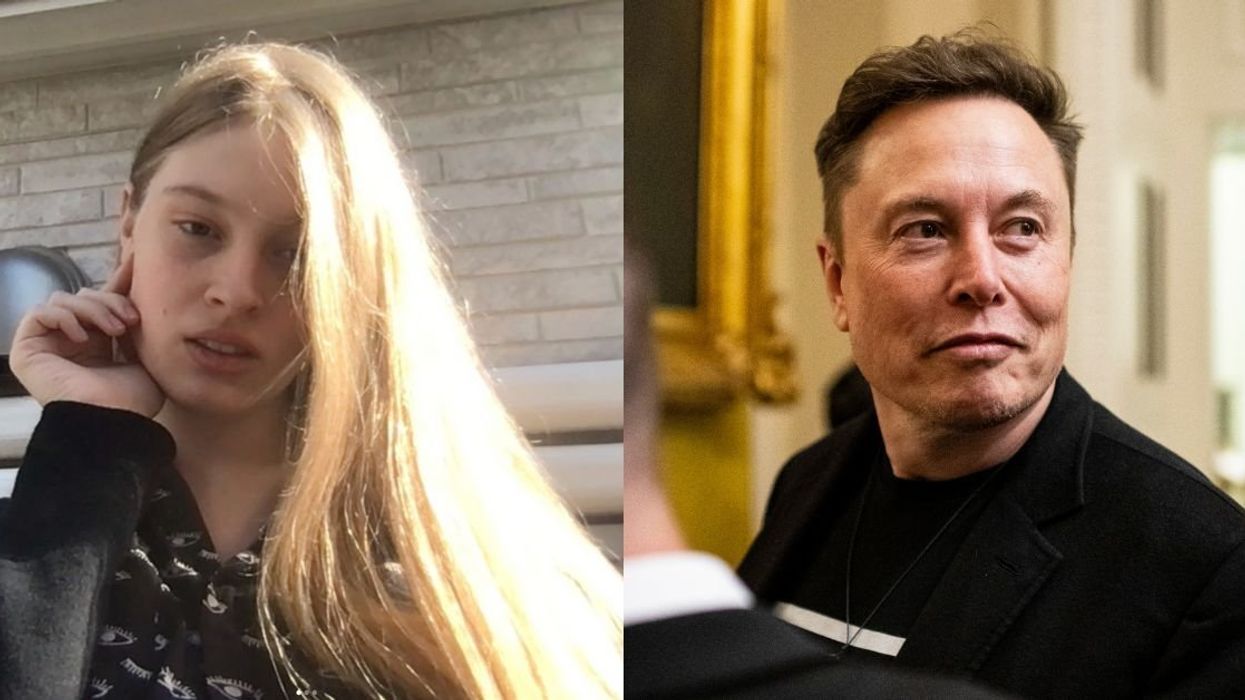
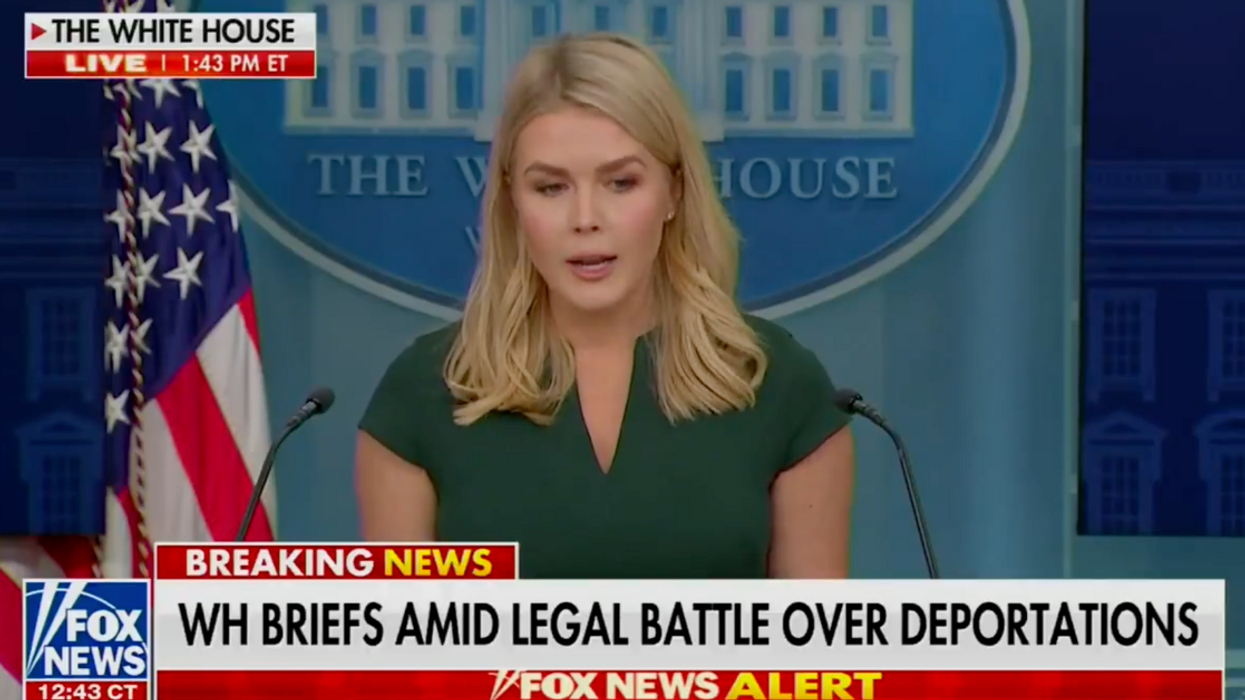

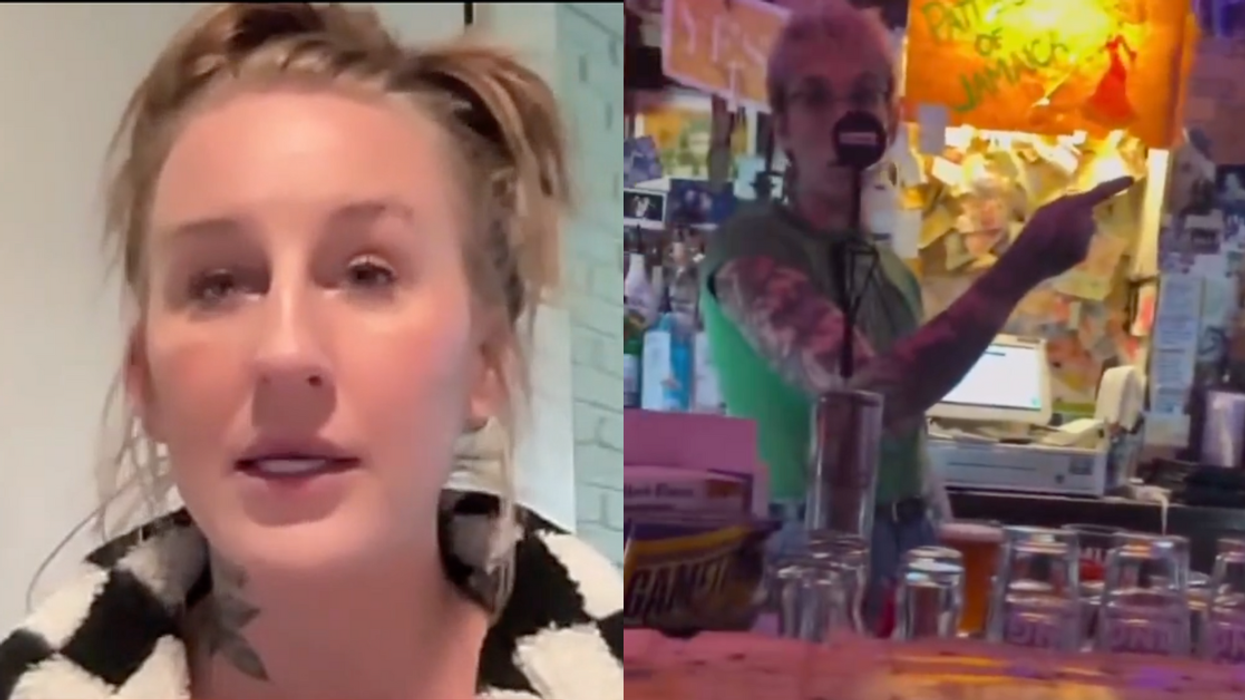

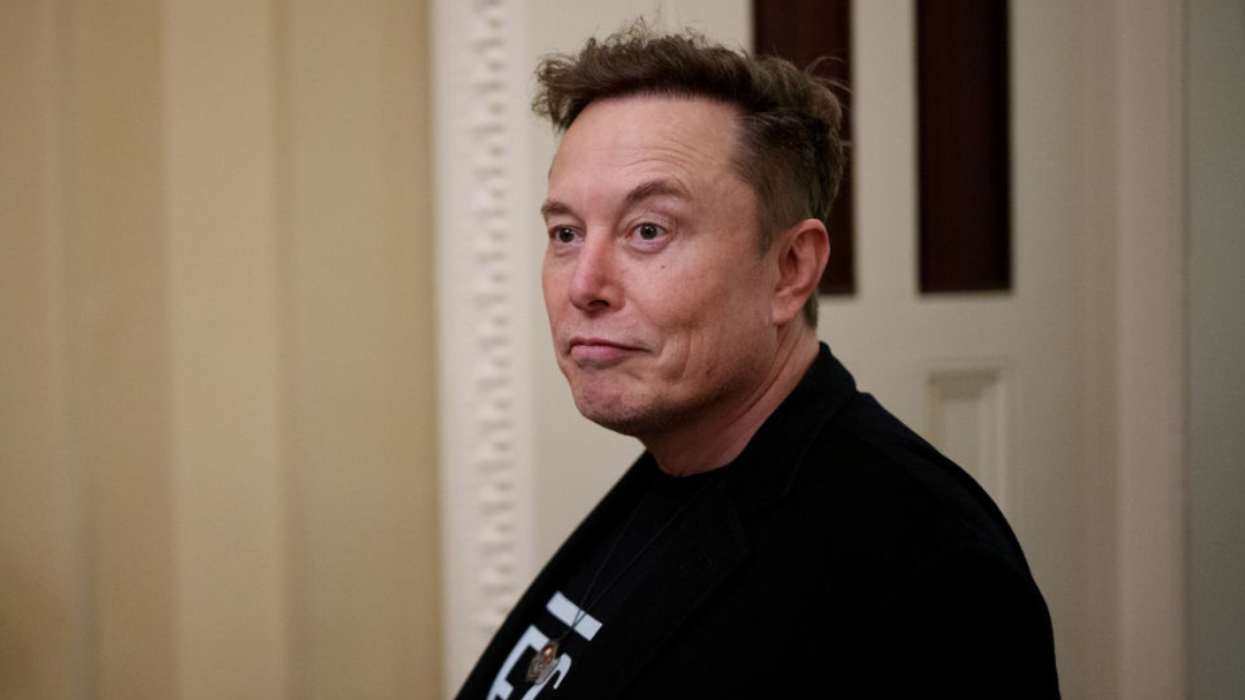
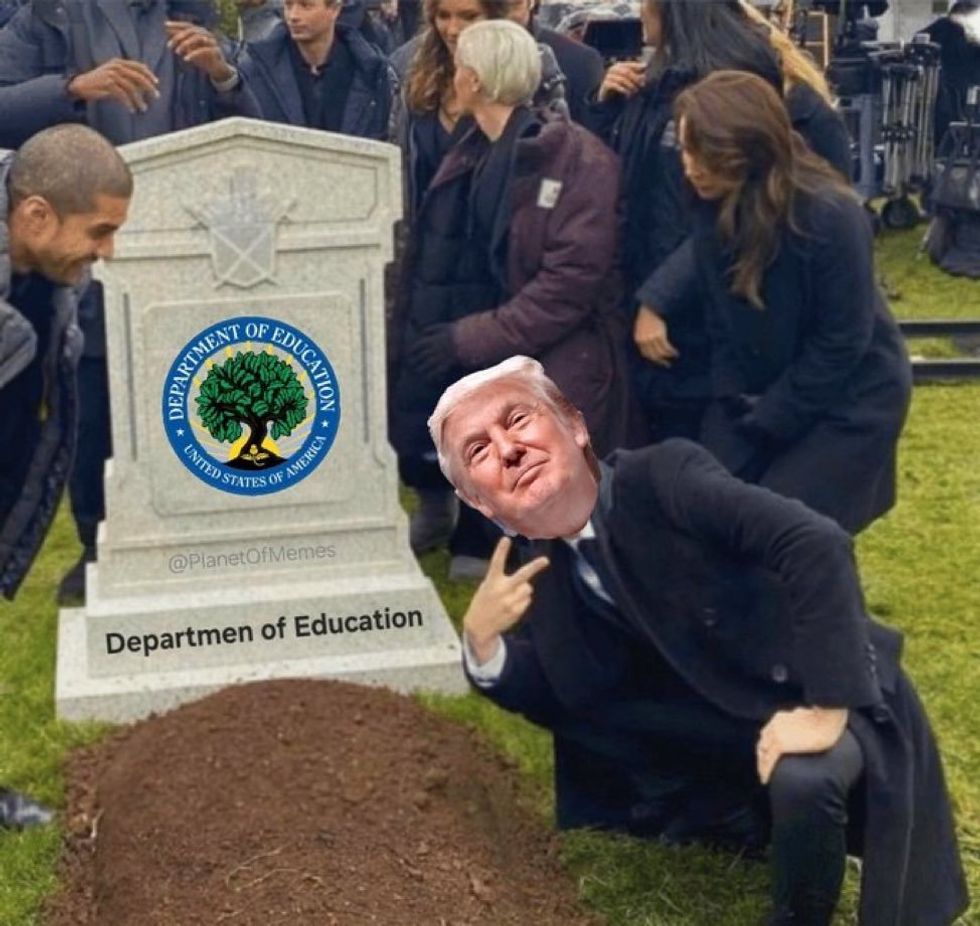 @elonmusk/X
@elonmusk/X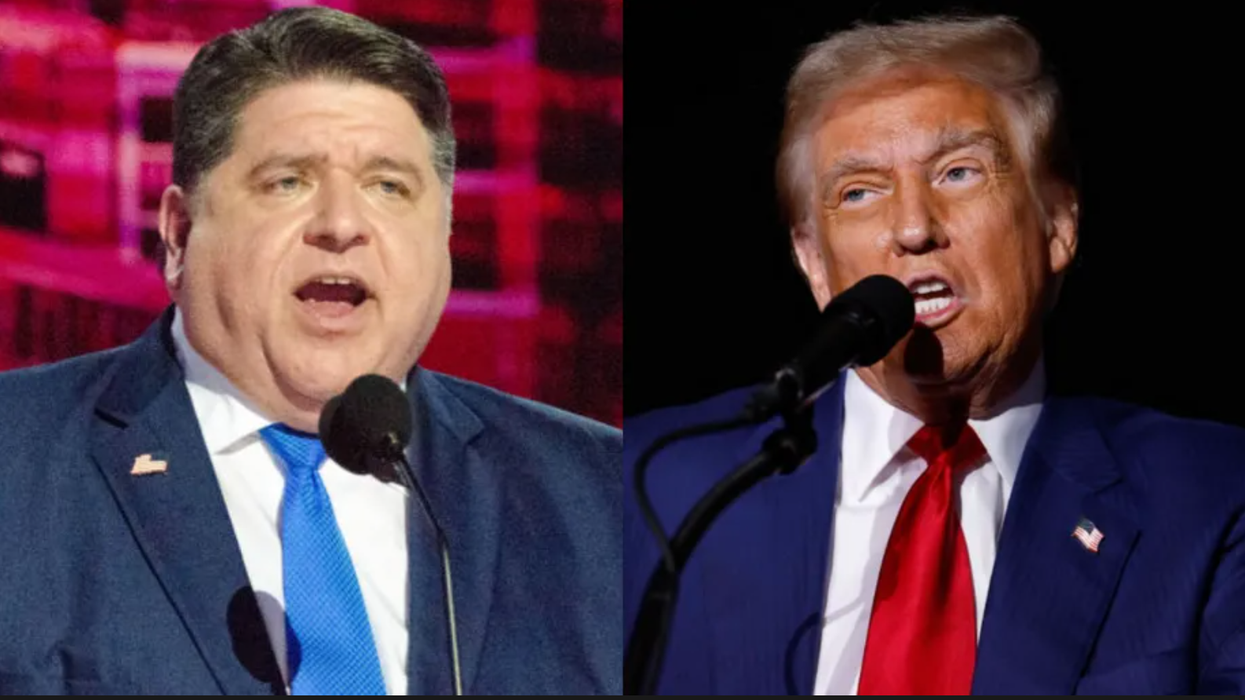

 Loop Home GIF by Homepoet.de
Loop Home GIF by Homepoet.de Solar Energy GIF by Nexamp
Solar Energy GIF by Nexamp
 Shave Shaving GIF by Shawn Mendes
Shave Shaving GIF by Shawn Mendes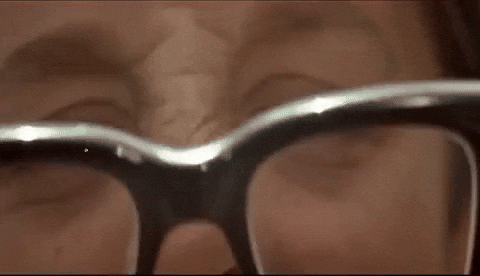 The Sandlot Wow GIF
The Sandlot Wow GIF